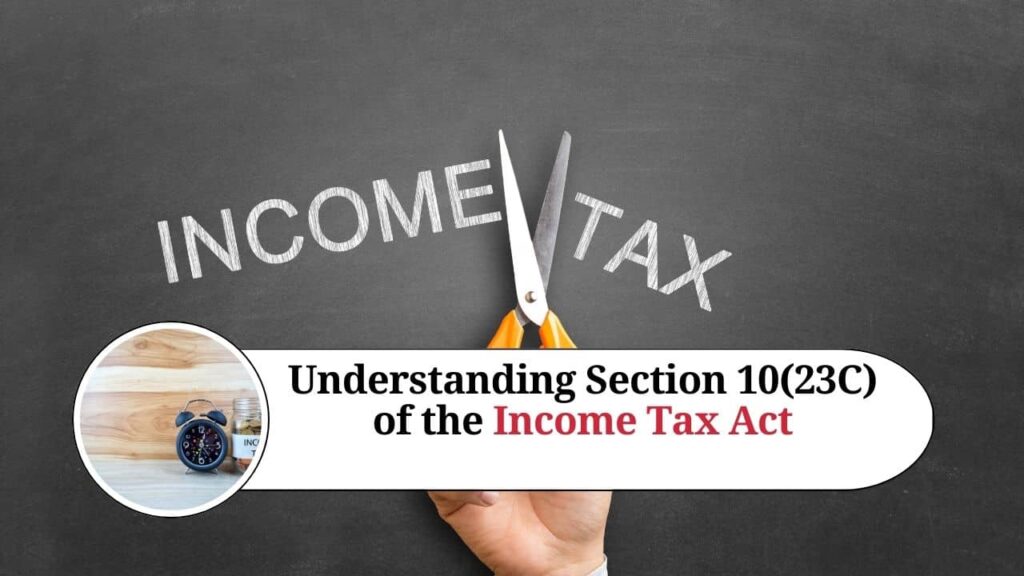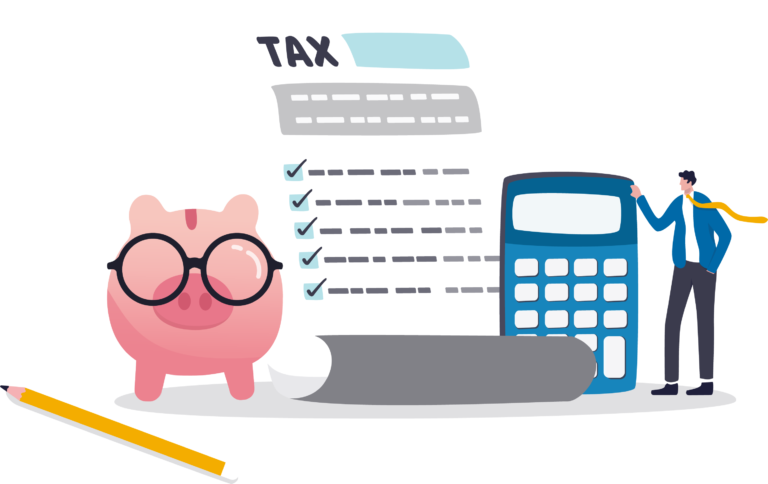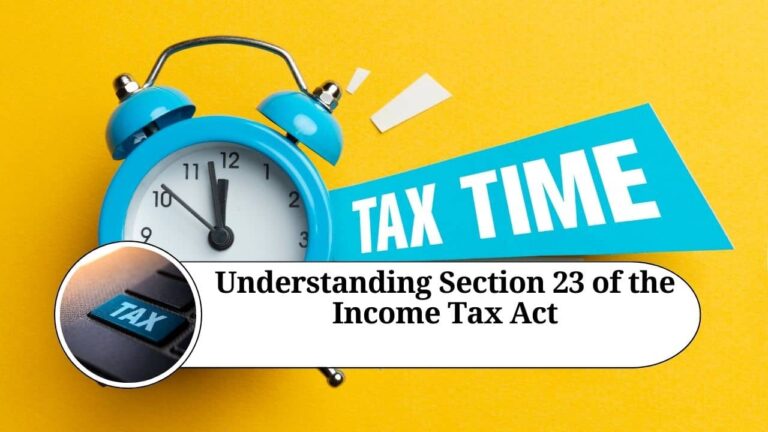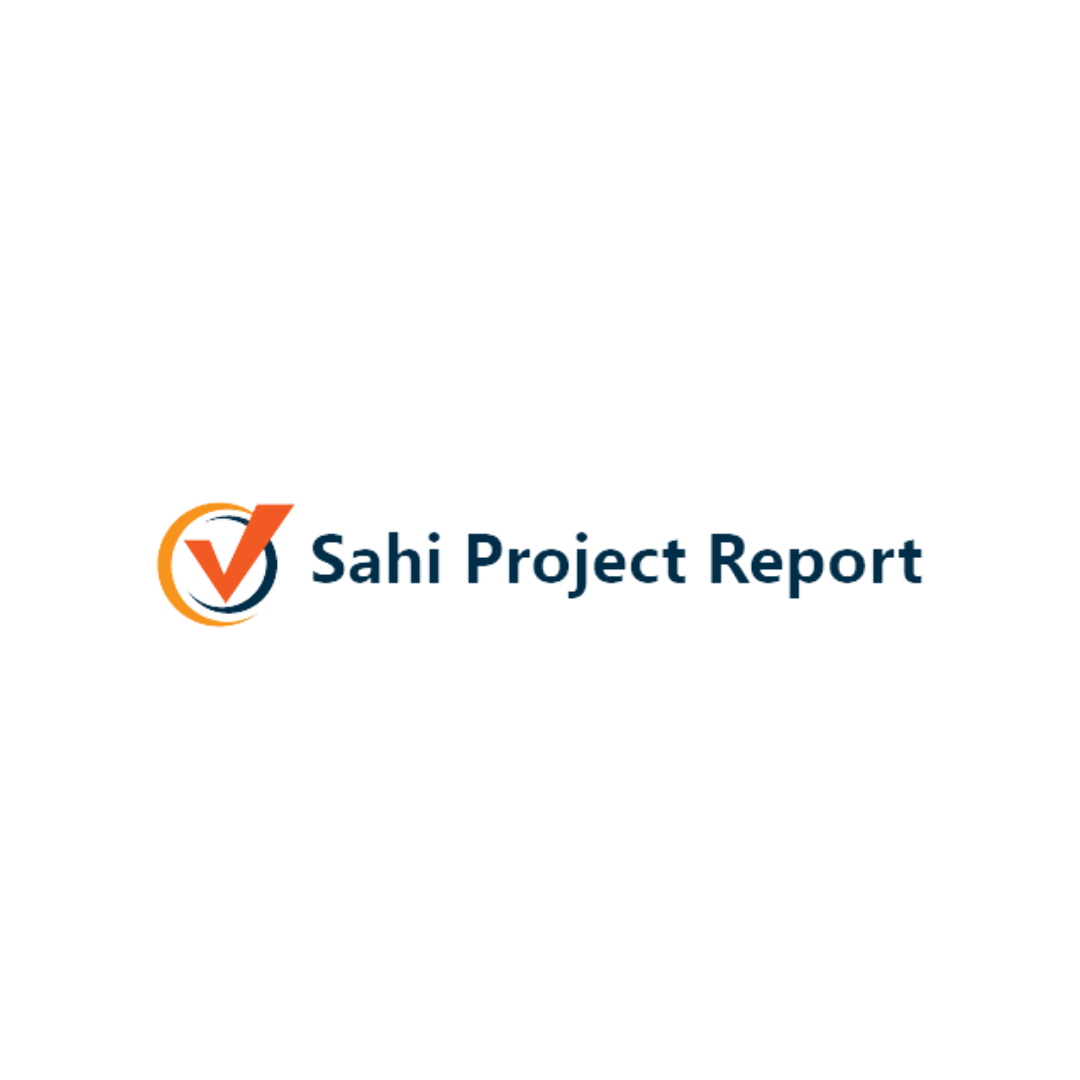Understanding Section 10(23C) of the Income Tax Act: Incomes Exempt from Taxation
The Income Tax Act of India offers numerous exemptions to reduce the tax burden on specific incomes, recognizing their societal benefits. Among these exemptions, Section 10(23C) plays a crucial role in supporting charitable, educational, and medical institutions. This section delineates various sub-clauses under which certain incomes do not form part of the total income and hence, are not subject to income tax.
Key Provisions of Section 10(23C)
Section 10(23C) of the Income Tax Act is structured to provide tax exemptions to entities fulfilling specific criteria. Let’s explore the essential sub-clauses of this section:
Prime Minister’s Relief Funds and Similar Funds
rime Minister’s National Relief Fund and PM CARES Fund:
Any income received by an individual on behalf of these funds is exempt from income tax.
Prime Minister’s Fund (Promotion of Folk Art) and Prime Minister’s Aid to Students Fund:
Incomes received for these purposes are also exempt.
National Foundation for Communal Harmony:
Income received by this foundation enjoys tax exemption.
Swachh Bharat Kosh and Clean Ganga Fund:
Incomes directed towards these government initiatives are tax-free.
Chief Minister’s or Lieutenant Governor’s Relief Fund:
Contributions received for these relief funds are exempt from taxation.

Educational and Medical Institutions
Universities and Educational Institutions:
(iiiab):
Institutions existing solely for educational purposes and substantially financed by the Government.
(iiiad):
Educational institutions with annual receipts not exceeding five crore rupees.
Hospitals and Medical Institutions:
(iiiac):
Institutions existing solely for philanthropic purposes and substantially financed by the Government.
(iiiae):
Hospitals with annual receipts not exceeding five crore rupees.
Charitable Trusts and Institutions
Charitable Funds and Institutions:
(iv): Funds established for charitable purposes and approved by the Principal Commissioner or Commissioner.
(v): Trusts or institutions wholly for public religious or charitable purposes, subject to approval.
Universities and Medical Institutions:
- (vi): Other universities or educational institutions approved by the Principal Commissioner or Commissioner.
- (via): Hospitals existing for philanthropic purposes approved by the Principal Commissioner or Commissioner.
Conditions and Compliance for Exemptions
To benefit from the tax exemptions under Section 10(23C), institutions must adhere to stringent conditions and compliance requirements:
Approval and Application Process:
Applications for approval must be submitted in the prescribed form and manner to the Principal Commissioner or Commissioner, adhering to specific timelines based on the institution’s status.
Income Utilization:
Institutions must apply their income solely for their established objectives. Any accumulation exceeding 15% must be utilized within five years.
Investment Rules:
: Funds must be invested or deposited in specified forms or modes. Voluntary contributions forming part of the corpus must be appropriately invested.
Reporting and Auditing:
Institutions must maintain accurate books of account, undergo regular audits if their income exceeds the non-taxable limit, and file timely income returns under Section 139(4C).
Violations and Penalties
Non-compliance with the prescribed conditions can lead to severe repercussions, including:
Cancellation of Approval:
The Principal Commissioner or Commissioner can cancel the approval if the institution fails to meet the conditions or comply with other applicable laws.
Inclusion of Income:
Misapplication of income, engaging in non-incidental business activities, or failing to invest funds as required can result in the inclusion of such incomes in the total taxable income.
Special Provisions for Anonymous Donations
Anonymous donations received by these institutions are subject to tax under Section 115BBC, ensuring that transparency and accountability are maintained.
Compliance and Reporting
Return of Income:
Institutions must file returns of income within specified timelines under Section 139(4C).
Specific Conditions:
Deduction for application of income does not include depreciation on assets for which income application has been claimed.
Prime Minister’s National Relief Fund and PM CARES Fund: Comprehensive Tax Exemption Details
Prime Minister’s National Relief Fund (PMNRF) and PM CARES Fund
The Income Tax Act, under Section 10(23C), offers significant tax exemptions for incomes received on behalf of certain government-established funds. Among these, the Prime Minister’s National Relief Fund (PMNRF) and the PM CARES Fund are prominent beneficiaries. These funds are established to provide immediate relief to affected individuals in times of emergencies such as natural disasters, pandemics, and other crises.
Prime Minister’s National Relief Fund (PMNRF)
Purpose:
The PMNRF was established to provide financial assistance to individuals affected by natural and man-made disasters. It also supports medical expenses for treatment in specialized hospitals.
Tax Exemption:
Any income received by an individual on behalf of the PMNRF is exempt from income tax. This exemption ensures that contributions made to this fund are utilized entirely for relief efforts without being diminished by tax liabilities.
Utilization:
Funds are utilized for various relief activities, including disaster relief, medical aid, and other emergency support measures. The transparency and efficient utilization of these funds are crucial for maximizing their impact.
PM CARES Fund
Purpose:
The PM CARES Fund was established in 2020 to deal with emergency situations like the COVID-19 pandemic. The fund aims to provide relief and assistance to those affected by such emergencies.
Tax Exemption:
Similar to the PMNRF, any income received by an individual on behalf of the PM CARES Fund is exempt from income tax. This exemption encourages more contributions, aiding in better crisis management and relief operations.
Utilization:
Contributions to the PM CARES Fund are used for pandemic response, healthcare infrastructure development, and other emergency relief measures. The fund is managed transparently to ensure effective utilization of resources.
FAQ about Section 10(23C)
Q1: What types of institutions can benefit from Section 10(23C) exemptions?
A1: Educational institutions, hospitals, and entities established for charitable purposes that meet specific criteria can benefit from these exemptions.
Q2: What is the significance of the five crore rupees threshold?
A2: Educational and medical institutions with annual receipts not exceeding five crore rupees are eligible for exemptions under sub-clauses (iiiad) and (iiiae) respectively.
Q3: What is required for an institution to be considered “substantially financed by the Government”?
A3: An institution is considered substantially financed by the Government if government grants exceed a prescribed percentage of its total receipts during the relevant previous year.
Q4: Can an institution apply its income for purposes other than its established objectives and still retain tax exemption?
A4: No, the income must be applied solely for the institution’s established objectives. Misapplication can lead to cancellation of approval and inclusion of such income in taxable income.
Q5: Are anonymous donations fully exempt under Section 10(23C)?
A5: No, anonymous donations are subject to tax under Section 115BBC, which ensures accountability and transparency.
Q6: How often must institutions file their returns to maintain their exempt status?
A6: Institutions must file their returns annually within the timelines specified under Section 139(4C).
Conclusion
Section 10(23C) of the Income Tax Act is a vital provision supporting the financial stability of institutions dedicated to education, healthcare, and charitable activities. By adhering to the outlined conditions and compliance requirements, these entities can significantly benefit from tax exemptions, thereby enhancing their capacity to contribute positively to society. Understanding and leveraging these exemptions is crucial for institutions aiming to maximize their impact while maintaining financial health.
By ensuring strict compliance with the stipulated regulations, institutions can continue to enjoy these tax benefits, fostering an environment where educational and charitable endeavors can thrive, ultimately contributing to the nation’s social and economic development. For more detailed information and case laws related to Section 10(23C), visit SmartTaxSaver




